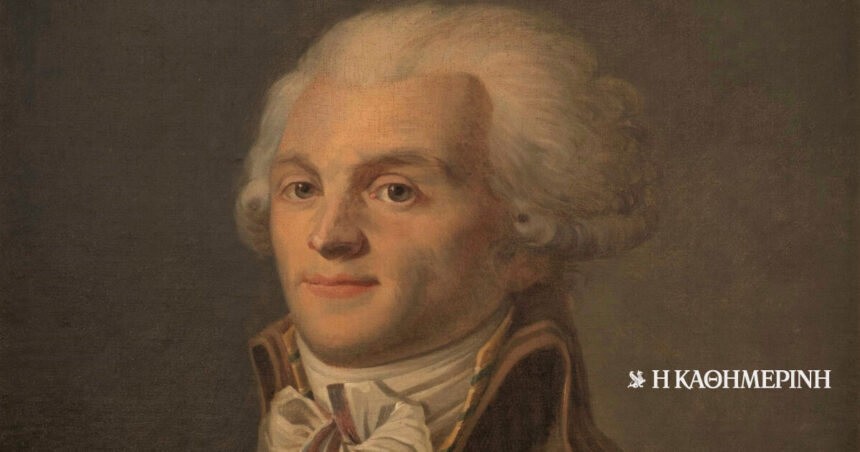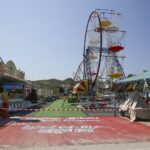THE Maximilian Robespiere It was one of the most controversial forms of the French Revolution. Being a warm supporter of democratic ideas and a fierce warrior of corruption, evolved into dominant figure of the terrorism periodincarnating hopes and contradictions of revolutionary France. His life, from his studies in law to the leadership of the Committee of Common Salvation and his tragic death in Gillotina, reflects the complexity and conflicts of a time of radical changes.
Robespierre was born on May 6, 1758 in Arras, a town in northern France. The roots of his family arrived until the 12th centurywhile there were many members who had a careers, judges or notaries. His father abandoned his family when his wife died in 1764. Both his mother’s death and his father’s flight determined the rigorous, almost ascetic, personality of Robespierre.
In Paris, he came into contact with the Enlightenment, and in particular with Rousseau’s ideas.
From an early age he showed his appeal to the letters. When he completed secondary education, he went to Paris to study philosophy and legally, as defined by family tradition. There, he came into contact with the Enlightenment and in particular with his ideas Rushwhich have had a catalytic effect on shaping his thinking. After completing his studies, he returned to Arra, where he practiced law and soon gained the reputation of the defender of social justice and the poor. His participation in literary clubs and academic circles indicated his multi -dimensional spiritual activity.
In 1789, he was elected Member of Parliament at the convention of third -class classes with supporters of popular sovereignty and individual freedoms. Existed one of the most consistent expressors of revolutionary radicalismsupporting equality before the law, the democratization of institutions and the establishment of social justice. Gradually, Robespierre began to gain prestige and influence. His rhetoric, his commitment to democratic authorities and his intolerance to corruption made him a separate figure in the Jacobins, the most radical stream of the revolution.
Under his leadership, the Revolutionary Committee executed thousands of citizens, including several of his old allies.
Robespierre played a particularly important role during terrorism (1793-1794), when the “counter-revolutionaries” were persecuted and treated with cruelty. They were often tried and executed by concise procedures. He argued that ‘Terrorism is nothing more than justice – incompetent, rigorous and immediate; it is therefore an expression of virtue” Under his leadership, the Revolutionary Committee executed thousands of citizens, including several of his old allies.
However, the ruthless application of the revolutionary ideal and the concentration of power in the hands of Robespierre even caused dissatisfaction with the Jacobins. The regime began to be the subject of fear and suspicion, even by its supporters. On July 27, 1794, Robespierre and his close associates were arrested. The next day they were executed, without passing on trial. His death marked the end of terrorism and the beginning of the calorie reaction, a period when efforts were made to restore political stability in France.
Column: Myrto Katsigera, Vassilis Minakakis, Antigoni-Despina Poumenidou, Athanasios Syroplakis




